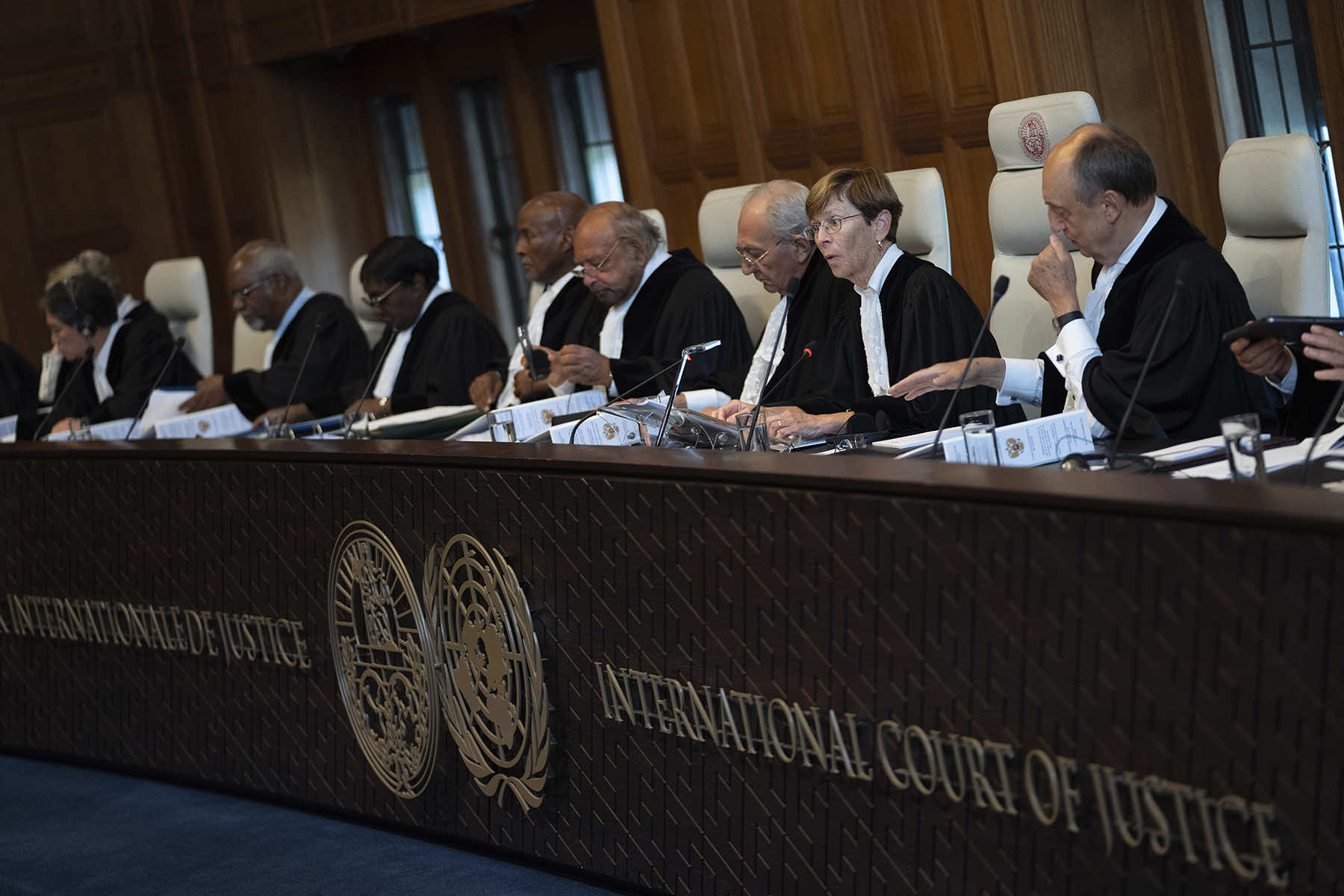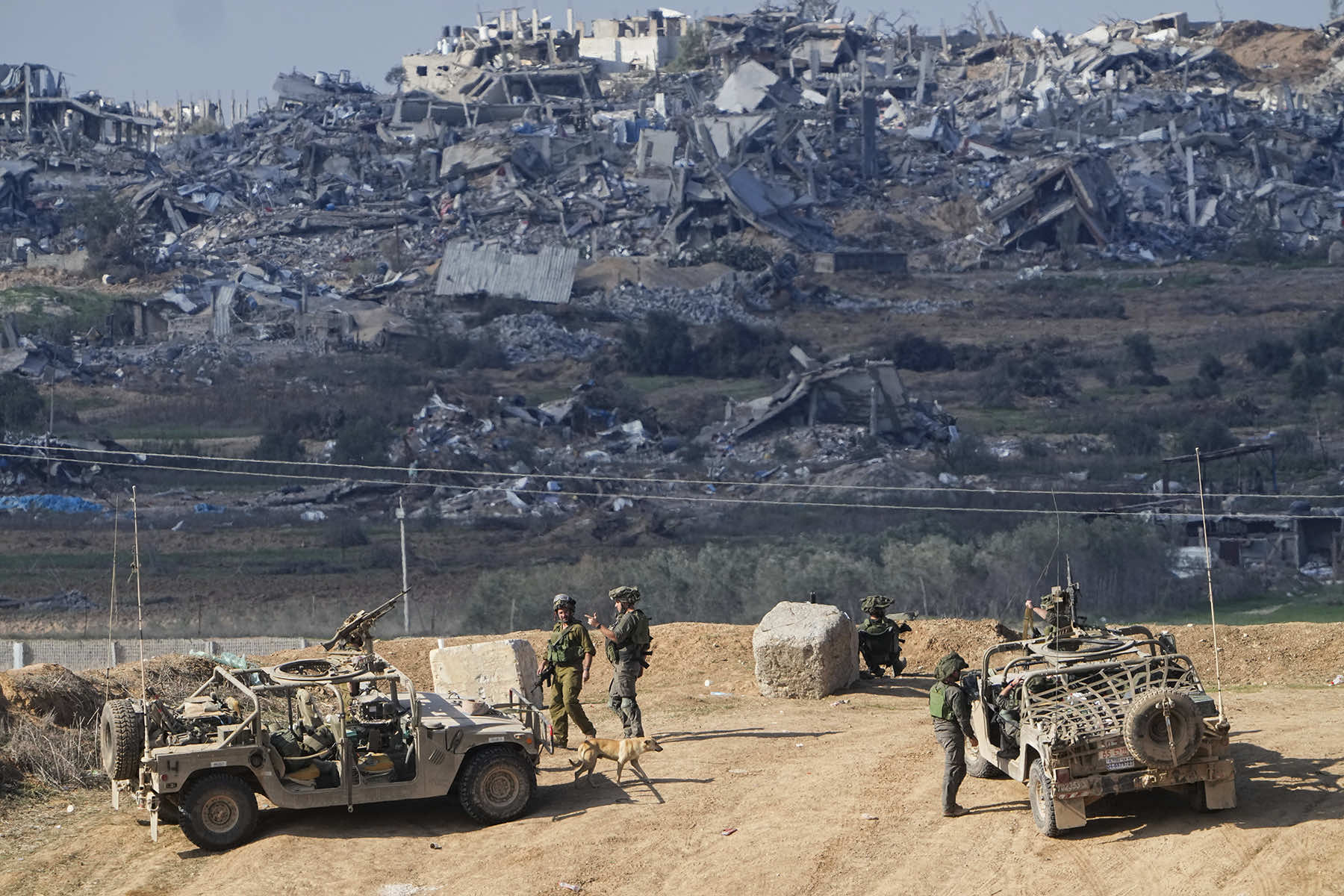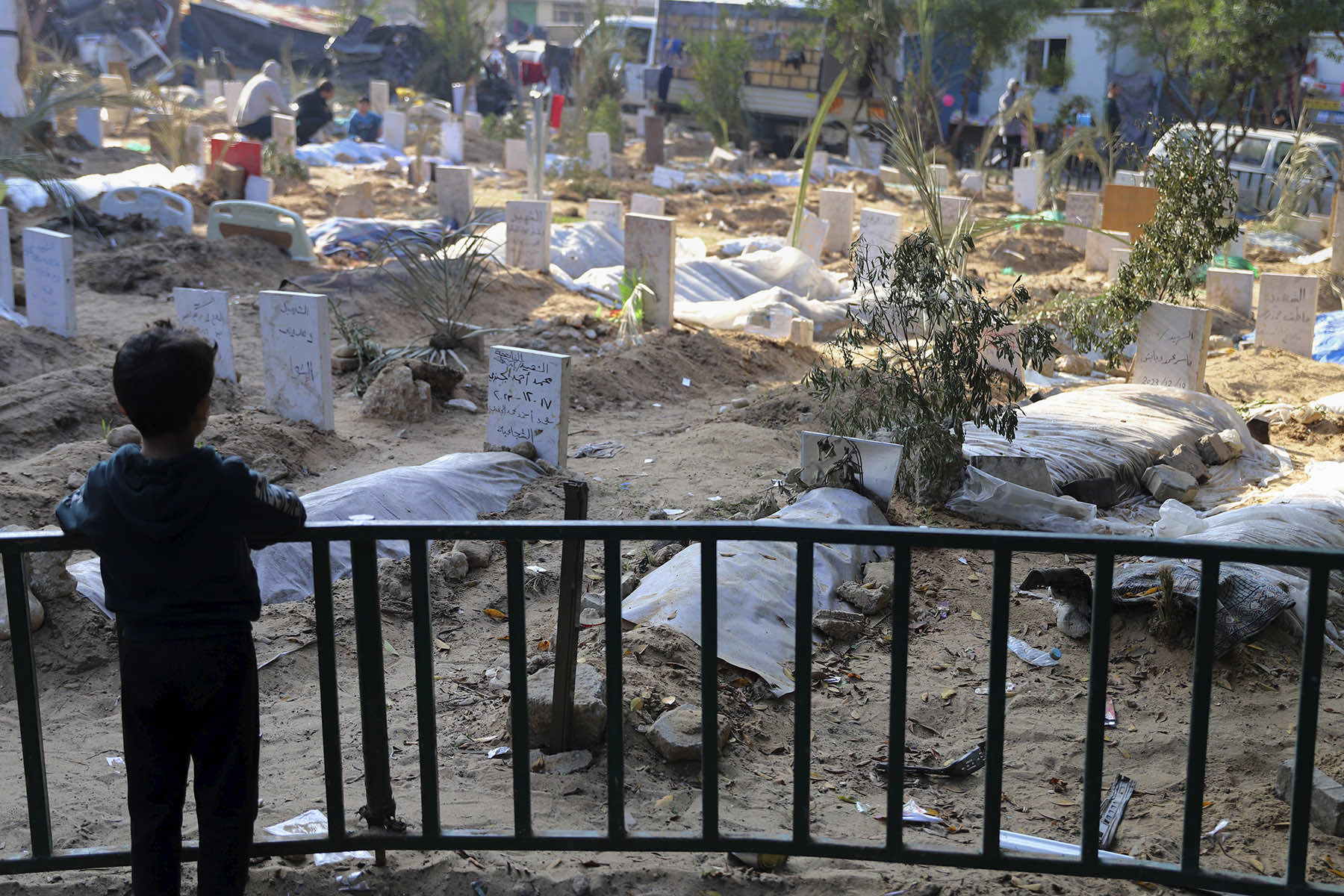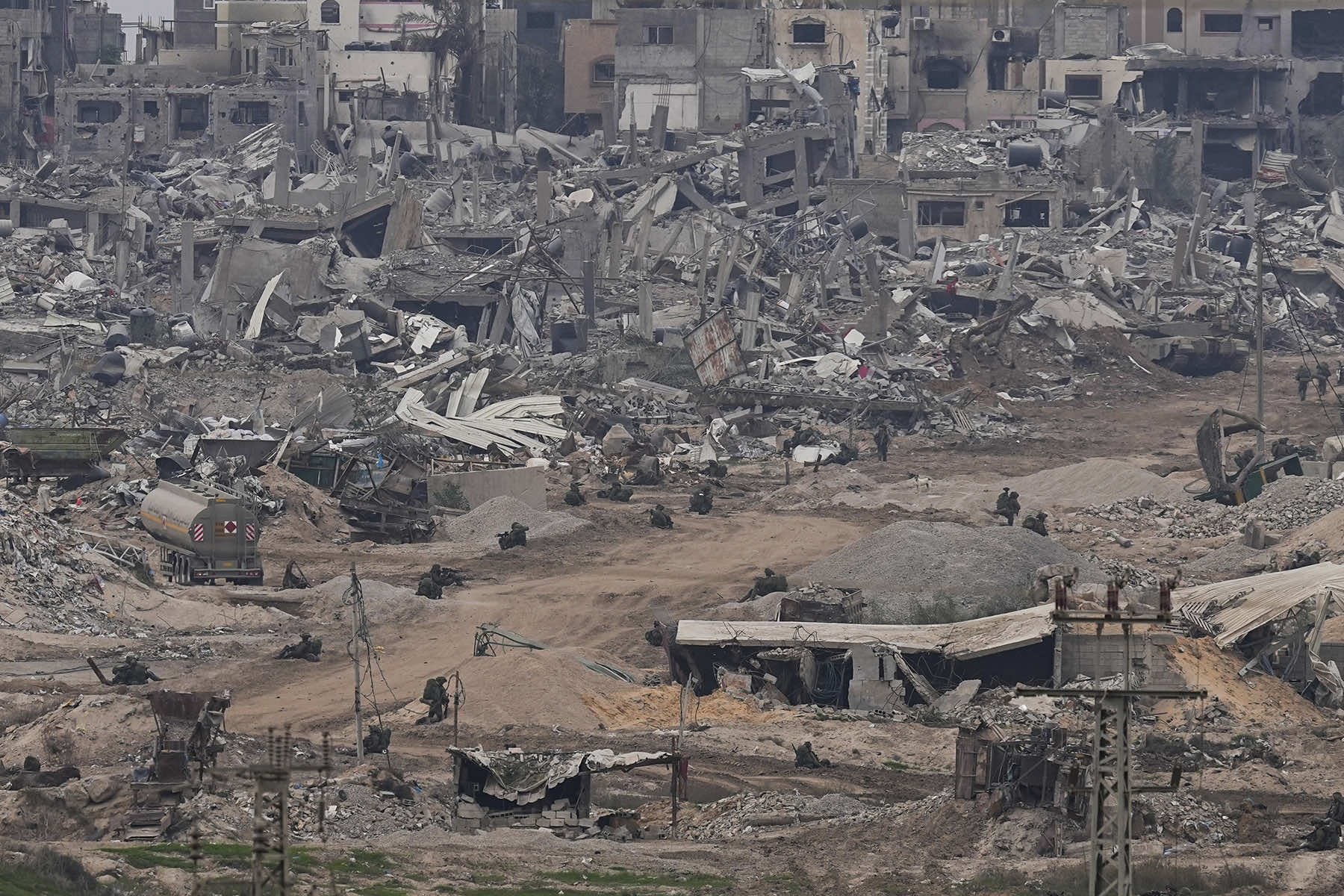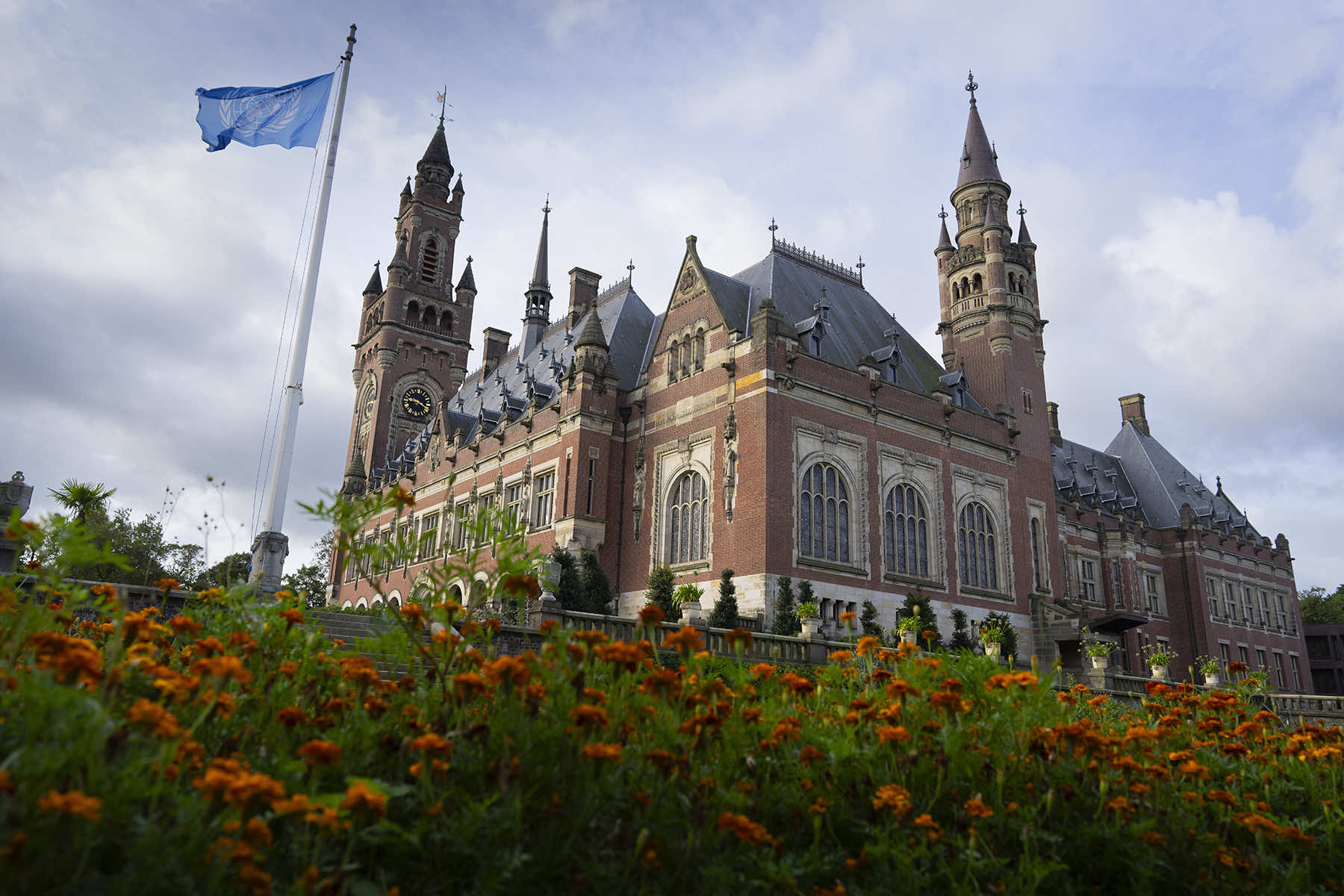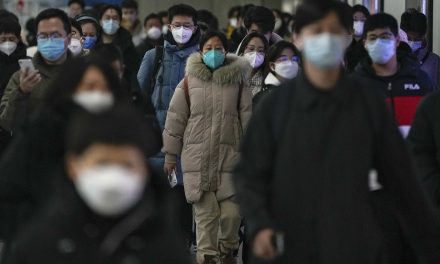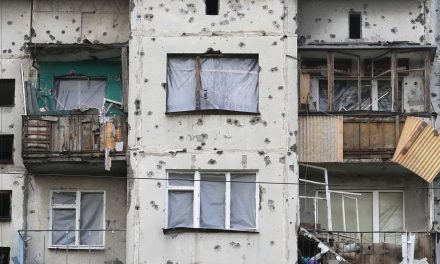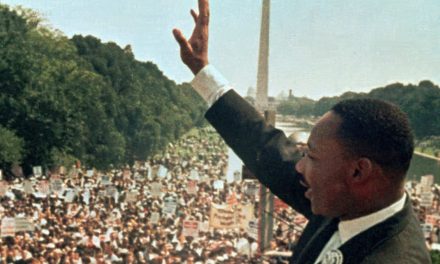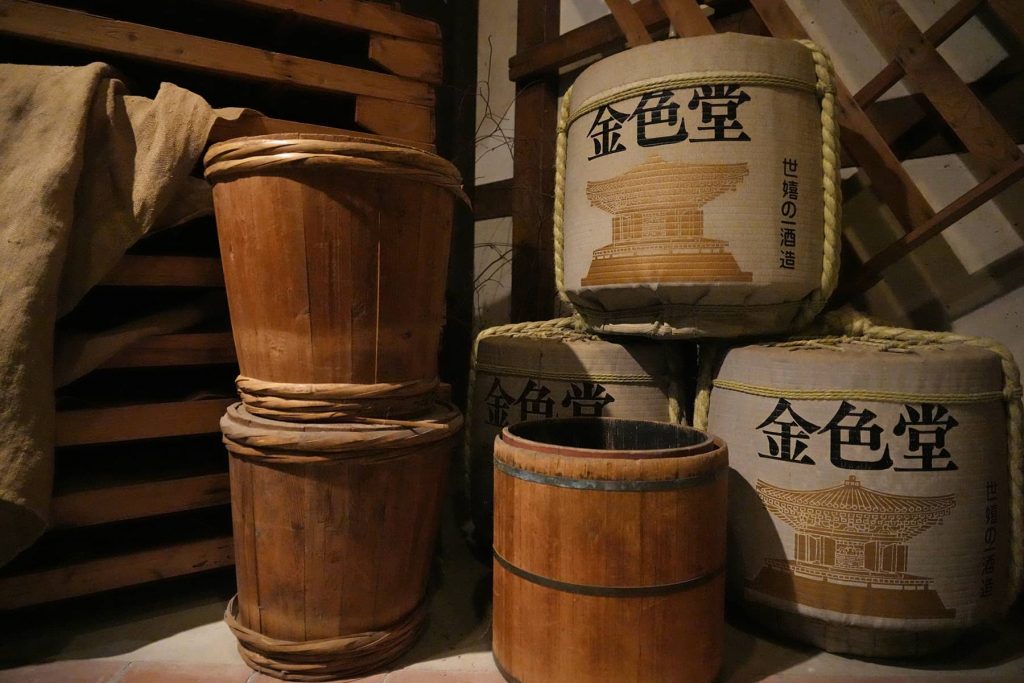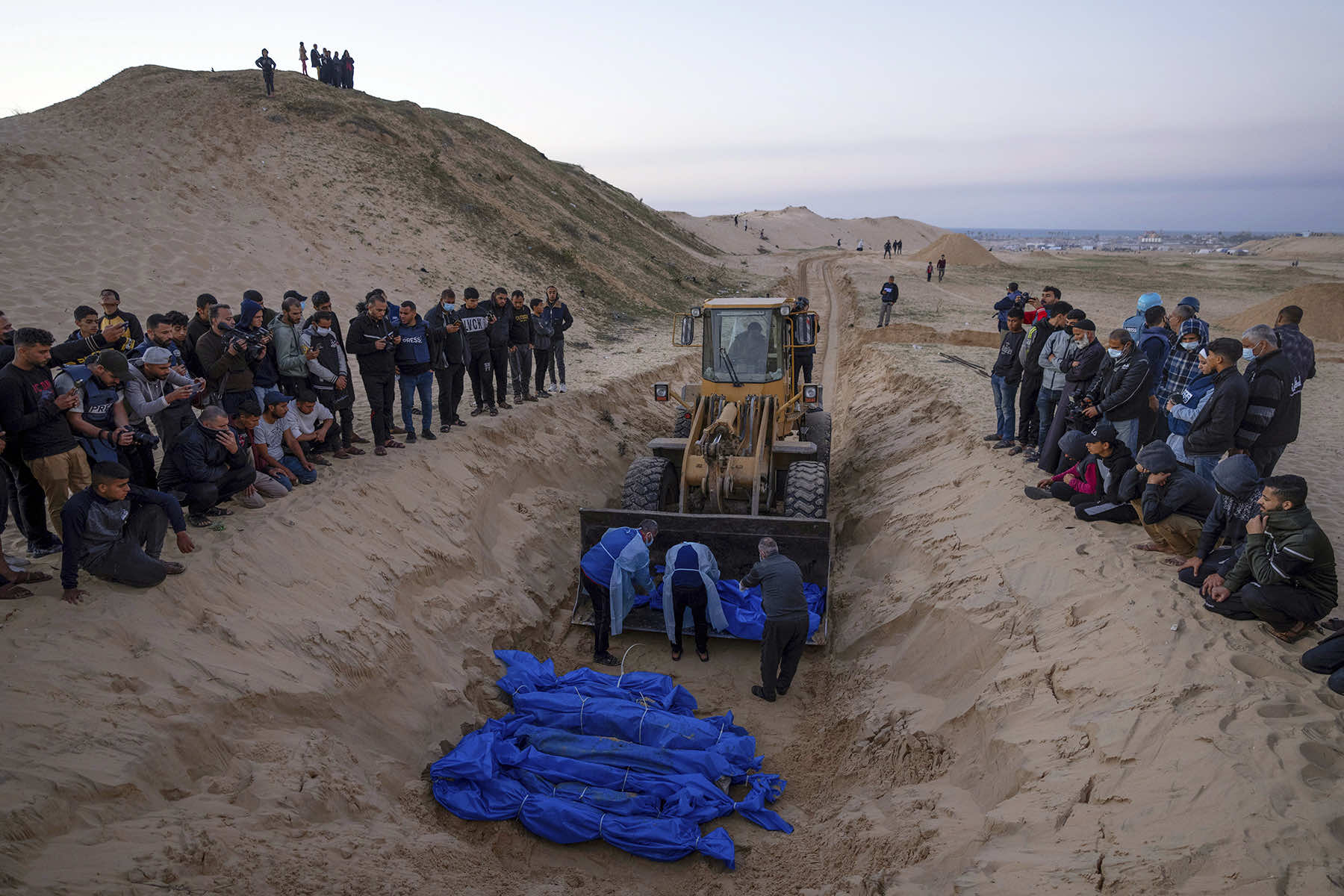
South Africa launched a pivotal legal case on December 29 at the top court of the United Nations, accusing Israel of genocide against Palestinians in Gaza. It also asked the court to order Israel to halt its attacks, the first such challenge made at the court over the current war.
South Africa has been a fierce critic of Israel’s military campaign in Gaza. Many there, including President Cyril Ramaphosa, have compared Israel’s policies regarding Palestinians in Gaza and the West Bank with South Africa’s past apartheid regime of racial segregation. Israel rejects such allegations.
The filing and Israel’s decision to defend itself at the International Court of Justice set up a high-stakes showdown before a panel of judges in the Great Hall of Justice. The case will likely drag on for years. At its heart is the 1948 Convention on the Prevention and Punishment of the Crime of Genocide, drawn up in the aftermath of World War II and the Holocaust.
The convention defines genocide as acts such as killings “committed with intent to destroy, in whole or in part, a national, ethnic, racial, or religious group.” Here are some further details on the case and its ramifications.
WHAT IS SOUTH AFRICA’S ARGUMENT?
South Africa’s 84-page filing says Israel’s actions “are genocidal in character because they are intended to bring about the destruction of a substantial part” of the Palestinians in Gaza.
It asks the ICJ, also known as the world court, for a series of legally binding rulings. It wants the court to declare that Israel “has breached and continues to breach its obligations under the Genocide Convention,” and to order Israel to cease hostilities in Gaza that could amount to breaches of the convention, to offer reparations, and to provide for reconstruction of what it’s destroyed in Gaza.
The filing argues that genocidal acts include killing Palestinians, causing serious mental and bodily harm, and deliberately inflicting conditions meant to “bring about their physical destruction as a group.” And it says statements by Israeli officials express genocidal intent.
South Africa argues that the court has jurisdiction because both countries are signatories of the genocide convention. The convention’s ninth article says disputes between nations over the convention can be submitted to the International Court of Justice.
WHAT WAS ISRAEL’S RESPONSE?
Israel’s government swiftly rejected the genocide claim. An Israeli official said the country, which has a history of ignoring international tribunals, decided to defend itself for several reasons. Among them are Israel’s role in promoting the original genocide convention after the Holocaust and its belief that “we have a strong case.”
Israeli Prime Minister Benjamin Netanyahu has vowed to press ahead – ignoring calls for restraint by allies – with the war until Hamas is crushed. He has said that could take several more months.
WHAT HAPPENS NEXT?
South Africa’s filing includes a request for the court to urgently issue legally binding interim orders for Israel to “immediately suspend its military operations in and against Gaza.”
Such orders, known as provisional measures, would remain while the case progresses. They are legally binding but not always followed. In 2022, in a genocide case filed by Ukraine against Russia, the court ordered Moscow to immediately suspend its invasion. The order was ignored, and deadly strikes continue to this day.
The court will soon schedule public hearings. Lawyers for South Africa and Israel can make arguments. Judges drawn from around the world will likely take days or weeks to issue a decision on preliminary measures. The court will then enter a lengthy process of considering the full case.
Israel could challenge the jurisdiction and seek to have the case thrown out before lawyers start arguing. Other countries that have signed the genocide convention could also apply to make submissions.
IS THE COURT HEARING SIMILAR CASES?
Two other genocide cases are on the busy court’s docket. The case filed by Ukraine shortly after Russia’s invasion accuses Moscow of launching the military operation based on trumped-up claims of genocide and accuses Russia of planning acts of genocide in Ukraine.
Another ongoing case involves Gambia — acting on behalf of Muslim nations — accusing Myanmar of genocide against the Rohingya Muslim minority.
In a past case brought by Bosnia, the court in 2007 ruled that Serbia “violated the obligation to prevent genocide … in respect of the genocide that occurred in Srebrenica in July 1995.” The court declined to order Serbia to pay compensation. Croatia also sued Serbia in 2015, but the world court ruled that Serbia didn’t breach the convention in that case.
ICJ OR ICC?
The Hague calls itself the international city of peace and justice. It is home not only to the ICJ, but to the International Criminal Court, based just a few miles (kilometers) away, near the North Sea coastline.
The two courts have different mandates. The ICJ, which held its first sitting in 1946 as the world emerged from the carnage of WWII, adjudicates cases between nations. They’re often land and maritime border disputes, as well as disagreements over interpretation of international treaties.
The ICC is much younger. It started work in 2002 with the lofty goal of ending global impunity for atrocities. Unlike the ICJ, it seeks to hold individuals criminally responsible for genocide, war crimes and crimes against humanity.
The ICC has an ongoing investigation into the Israel-Palestinian conflict, dating back to the last war in Gaza. So far, it has not issued any arrest warrants. ICC prosecutor Karim Khan said last month that an investigation into possible crimes by Hamas militants and Israeli forces “is a priority for my office.”
WHAT ABOUT PAST U.N. CASES?
Two now-defunct U.N. tribunals also held landmark genocide trials. The International Criminal Tribunal for the former Yugoslavia convicted a series of high-ranking Bosnian Serbs, including former President Radovan Karadzic and his military chief General Ratko Mladic, for their roles in the July 1995 massacre of more than 8,000 men and boys in the Bosnian town of Srebrenica.
Both Karadzic and Mladic were given life sentences. The International Criminal Tribunal for Rwanda convicted a string of leaders involved in the African nation’s 1994 genocide when some 800,000 people, mainly ethnic Tutsis, were slaughtered.
WHERE DOES THE UNITED STATES STAND?
President Joe Biden has been under increased pressure from rights activist to act, amid new fears of ethnic cleansing in Gaza. Remarks from Netanyahu’s right-wing ministers have renewed concerns that his government aims to force Palestinians out of Gaza.
Senator Bernie Sanders, the Jewish American junior Senator from Vermont, called on Congress on January 2 to reject the $10.1 billion in unconditional military aid being considered for Netanyahu’s right-wing government.
“The issue we face with Israel-Gaza is not complicated. While we recognize that Hamas’ barbaric terrorist attack began this war, we must also recognize that Israel’s military response has been grossly disproportionate, immoral, and in violation of international law. And, most importantly for Americans, we must understand that Israel’s war against the Palestinian people has been significantly waged with U.S. bombs, artillery shells, and other forms of weaponry. And the results have been catastrophic. Since October 7th, over 22,000 Palestinians have been killed by Israeli strikes, two-thirds of these victims have been women and children.” – Senator Bernie Sanders
Since the start of the war 1.9 million Palestinian men, women, and children have been driven from their homes – 85% of the total population of Gaza. According to an analysis of satellite radar data nearly 70% of the housing units in Gaza have been destroyed or damaged by Israeli bombardment. Not only are the vast majority of people in Gaza homeless, they lack food, water, medical supplies, and fuel.
A recent UN report indicated that half of the population of about 2.2 million are at risk of starvation and 90% say that they regularly go without food for a whole day. The chief economist at the World Food Program said the humanitarian disaster in Gaza is among the worst he has ever seen. This cannot be allowed to continue.

